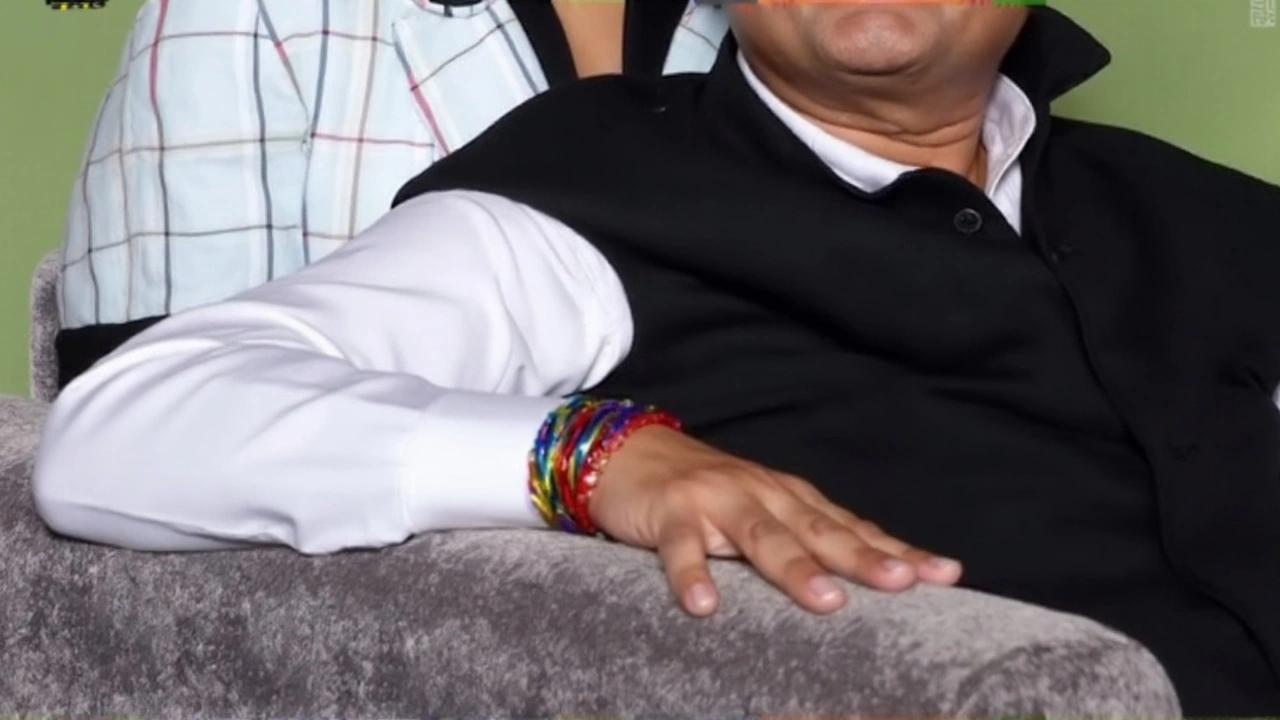
What sparked the row
A dust-up over Instagram reels has turned into the latest political flashpoint in Maharashtra. Congress leader Kanhaiya Kumar took a swipe at Amruta Fadnavis, the wife of Deputy Chief Minister Devendra Fadnavis, pointing to her social media activity. The comment, delivered on the campaign circuit, put the spotlight on a familiar theme: how the families of politicians are used as targets in partisan crossfire.
Devendra Fadnavis hit back. He defended his wife and signaled that personal attacks—especially those focusing on a spouse’s social media posts—cross a line. The message was clear: criticize policies, not families. His response quickly found traction among party supporters, while Congress workers countered that public figures and their households often shape public narratives and cannot be entirely off-limits.
Amruta Fadnavis has long maintained a public profile beyond politics. She has worked in banking, released music videos, performed at public events, and built a sizable social media audience. Her Instagram feed includes lifestyle posts, performances, and short-form reels—the same format now at the center of this controversy. None of that is unusual in 2025, but it does make her an easy target in the heat of a campaign.
The immediate information gap is around wealth claims circulating online. New, verified figures were not available from official filings at the time of writing. In India, asset details typically come via election affidavits filed by candidates; those often include the spouse’s declared assets. Until another round of affidavits is filed and scrutinized, anything beyond past public records remains either outdated or speculative.

The bigger picture: social media, families, and the rules of engagement
Short-form video isn’t just entertainment; it’s political real estate. Parties, candidates, and their supporters use Instagram and similar platforms to build narratives and drive attention. India is one of Instagram’s largest user markets, which means a single clip can shape a news cycle. That reach also turns any high-profile family member’s posts into fuel for opponents looking for an opening.
Is it fair game? It depends on where you draw the line. Campaigns argue that public behavior—online or off—reflects judgment. Families argue for privacy and respect, especially when posts are about art, music, or everyday life. Indian politics has seen this tug-of-war often, and it intensifies during election seasons when every frame is parsed for meaning.
The rules aren’t vague. The Election Commission’s Model Code of Conduct sets out what campaigns can and cannot do, including on social platforms. The IT Rules, 2021, place obligations on platforms for content moderation. None of this bans a spouse from posting reels or making music. But it does set boundaries for campaigns that might amplify or attack personal content in a way that nudges into harassment or misinformation.
There’s another layer: asset disclosure. When Devendra Fadnavis files nomination papers, his affidavit includes details on movable and immovable assets, liabilities, and the same for his spouse. Journalists and watchdog groups comb through those documents to produce the wealth figures that trend every election cycle. If fresh affidavits aren’t yet on file, accurate updates won’t exist in the public domain. That’s why precision matters—numbers floating around social media without a recent affidavit can mislead.
Politically, the timing is no accident. Maharashtra remains a battleground where messaging wars often trump policy arguments. The BJP and the Congress are fighting for attention and narrative control. A debate about Instagram reels might sound trivial, but it’s a proxy for larger questions: the role of families in politics, how campaigns use culture to score points, and whether personal lives should be pulled into the ring.
What to watch next:
- Whether Congress escalates the line of attack or pivots back to governance themes like jobs, inflation, and infrastructure.
- How the BJP frames its counter—doubling down on the “families are off-limits” stance or showcasing Amruta’s work in music and social causes as a positive.
- Any fresh, verifiable asset details that surface through official affidavits, which would clarify wealth claims now circulating online.
- Platforms’ role in moderating campaign content that targets family members as political pressure ramps up.
Strip away the noise and the case is simple: a spouse with a public life will be visible; opponents will test boundaries; and leaders will decide how hard to push back. For now, the Deputy CM chose to defend, not deflect. The next move, as usual, belongs to the campaign calendar.
Leave a comments